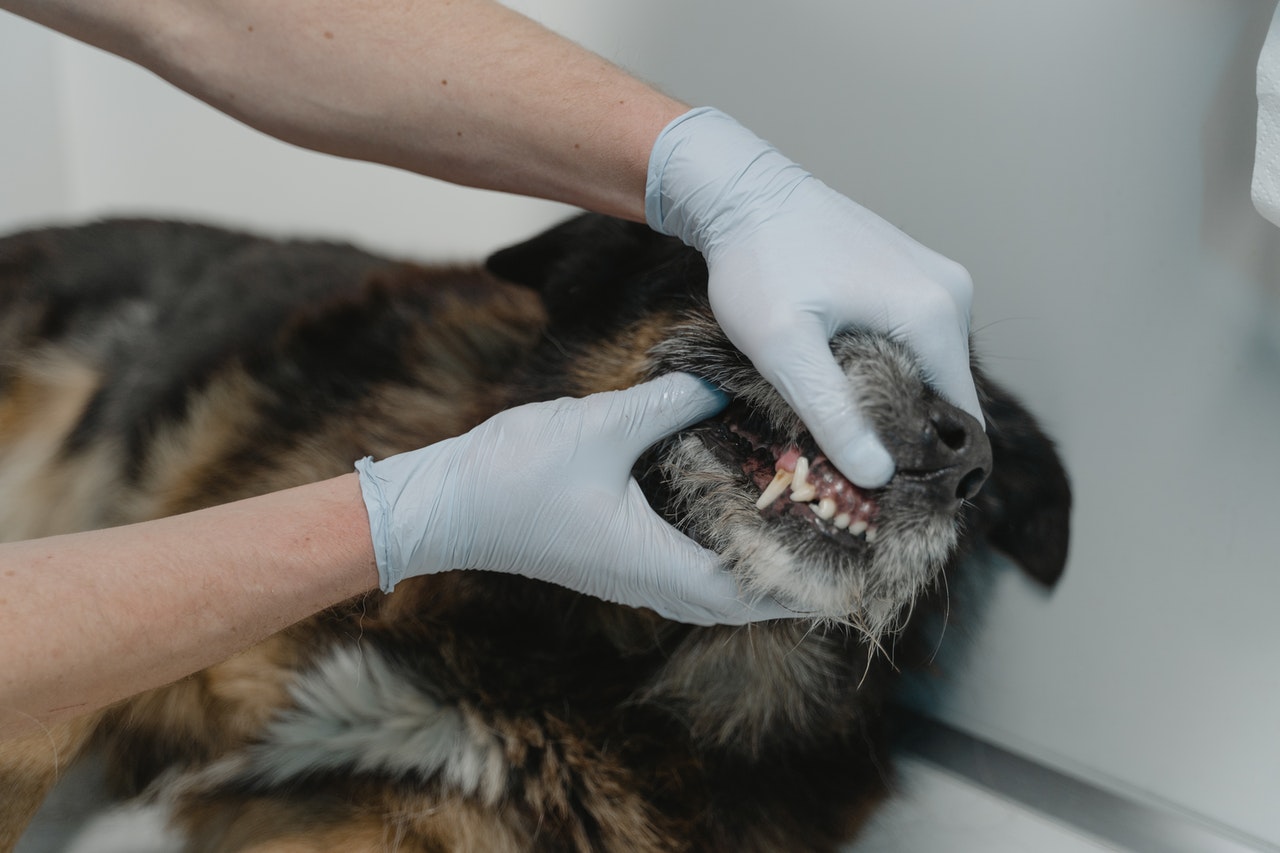
Being a pet owner is a privilege, and it must result in a respectfully beneficial relationship. Today we will discuss Metronidazole for Dogs.
Pet owners have everything sorted out for their beloved life-long friends. From researching before giving anything ‘new’ to arranging toys that their pets enjoy the most, from appointing a vet visit before adopting a pet to tracking the vaccine shot days. Yes, owning a pet can be overwhelming but, what is better than having a healthy friend by your side?
And like it is said, “The benefits of owning a pet comes with responsibilities that one must fulfill.”
Acknowledging the fact that pet ownership demands the investment of time, effort, and money must be the first thing to come into the minds of potential pet owners. Along with that, pet owners must meet every physical and physiological need of their pets. It involves supervising your pet’s reproduction by managed breeding and providing preventive health care facilities under the supervision of a veterinarian.
Pet Vaccinations; A Guide for New Pet Owners
Vaccinations for your pets are equally as necessary as vaccinations for people. Like that of human vaccines, pet vaccinations also require timely dosages to boost up their effects. Experts and long-term pet owners suggest making up a schedule that includes the upcoming vet visits regarding vaccine shots of your pets — following the recommendations of your trusted veterinarian.
Concerning your pet’s physical and health requirements, the veterinarian might suggest two categories of vaccines; core pet vaccines and non-core vaccines — both working and affecting differently. Core pet vaccinations are those recommended to every pet. However, non-core pet vaccinations are those given according to the lifestyle and health concerns of your pet.
There is no age limit or range for vaccine shots for pets 一 given as young as 4-6 weeks old to 1-1.5 years old. It is best to talk to your veterinarian regarding your pet’s vaccine requirements and schedules before setting up an official appointment to fight against parasitic or fungal infections.
Metronidazole Vaccine for Dogs
Dog owners’ frequently asked question is, “What is Metronidazole for dogs, and how does it work?”
We are here to answer your queries!
Metronidazole, also referred to as brand name Flagyl, Protostate, and Metrogel, is a bactericidal widely used to treat many anaerobic bacterial and parasitic infections. Moreover, it is an antibiotic vitally used as an antidiarrheal for treating the inflammation of the large intestine. Besides that, it is an appropriate treatment for many human infections. That is why it is the only human-associated vaccine recommended in a small dose for illness in dogs, cats, and horses.
However, many researchers claim that there is not enough evidence that proves Metronidazole helps in treating inflammatory bowel diseases and loose stools in dogs. Nevertheless, some veterinarians prescribe its dosage for their canine and feline patients. Given that it is not FDA approved, it is best to use it for dogs, limiting it for treating IBDs and acute diarrhea.
Here is a list of infections and diseases often treated with Metronidazole in dogs;
- Inflammatory Bowel Diseases (IBD)
- Dental, gum, and oral infections
- Parasitic infections such as Giardia, Entameaoba, Balantidium, Trichomonas
- Colitis
- Severe liver diseases
- Certain bacterial infections that cause diarrhea and other Gastrointestinal complications
How Does Metronidazole Work for Dogs?
If your veterinarian has diagnosed your dog with bacterial infections and recommended Metronidazole, you may want to know the physiology of the said vaccine.
Metronidazole dosage for dogs works by destroying the bacterial or protozoal DNA. It is rapidly absorbed and metabolized by the liver cells and later excreted out of the body via urine and feces. For this to happen, your dog’s body needs good blood circulation and oxygen transport. The infected body cells and tissues often lose their oxygen proportions, and hence the flow of oxygen in these infected areas is low. It makes it easier for the anaerobic bacterias (bacterias that do not need oxygen to survive) to accommodate and nourish in these invaded areas. Metronidazole dosage hinders the growth of anaerobic bacterias by disrupting their DNA and killing them all at once.
Given that Metronidazole for dogs actively fights against bacterial-parasitic infections, veterinarians assist its dosage with other antibiotics. Metronidazole dose in combination with these antibiotics works just as fine in fighting against IBDs, GI infections, and diarrhea;
- Aminoglycosides
- Penicillin
- Cephalosporines
- Phenobarbital and Phenytoin dosages increase Metronidazole metabolism.
In addition to that, unlike most drugs, Metronidazole helps to treat Central Nervous Infections by diffusing in the blood-brain barrier.
How to Give Metronadizole to Dogs?
Most pet owners research well before putting their pets on drugs that help build immunity against infections. Although a visit to veterinarians helps but self-research and learning are always appreciated.
Availability of Metronidazole is in the forms of capsules, liquid suspensions/syrups, and tablets. A compounded formula 一 Metronidazole Benzoate of this drug is also accessible, which tastes a little bitter. The best way to give this drug is along with foods or treats. Veterinarians advise shaking the liquid formulas well before giving them to your dogs and avoid crushing the tablets because they will be difficult for your pet to manage as they possess a strong bitter taste.
The use of Metronidazole is vast, and due to this, the amount of dose, frequency, and duration varies extensively.
As for the dose amount, the standard dose requirement of Metronidazole is 200-500 mg/pill. However, if your dogs have existing bacterial and protozoal infections, then an expected amount of 7 to 22 mg/pound twice a day should be given by your vet. Other than that, if your dog has sepsis, vets introduce an injected formula of the said drug.
Side Effects of Metronidazole for Dogs
Although Metronidazole is safe for dogs, one can never be sure of its safe use. Taking extra measures is the best way to avoid any side effects related to this drug.
Some common Metronidazole side effects are;
- Nausea
- Diarrhea
- Upset stomach or Gastrointestinal complications
- Body Fatigue
- Drooling
- Gag reflex/regurgitation
- Decreased Appetite
- Excessive salvation
- Odor and discoloration of urine
Rare and less common side effects include;
- Neurological defects and neurologic signs evident after accidental dosage
- Blood in stool and urine
- Excessive weakened state
- Liver failure
- Kidney Damage
- Low WBCs count
- Depression
Furthermore, irregular heartbeat, eye-twitches or dilating, hyperventilating, hed-tilt, muscle cramps or spasms, and seizures are the side effects commonly seen in dogs treated with Metronidazole for long periods.
Who Should Avoid Metronidazole?
Some side effects of Metrinodizole can be life-threatening and can potentially cause the death of dogs and cats. Veterinarians often do complete screening of pets before prescribing any drug. So it is better to tell the known history of your dog in terms of reaction to certain medicines. Moreover, if your dog is taking medications, vitamins, minerals, or therapies, it is best to let your vet know.
Pets that are pregnant (first-trimester), lactating, in a weakened condition, and allergic to drug formulas related to Metronidazole should not take this drug. Along with that, kittens and young pups should avoid Metronidazole at all costs!
Pets with kidney and liver issues should only take drugs in small and reduced doses.
Conclusion
Pet owners who keep track of their pet’s regular visits are well-respected in the pet world. We encourage the pet owners to discuss their pets’ health concerns with a trusted veterinarian before considering Metronidazole for Dogs. It is crucial to track-record your pet’s medical assistance and observe your pet’s reaction to any drug. In case of drug overuse, call your nearby veterinarian services immediately to prevent any life-threatening situations.






